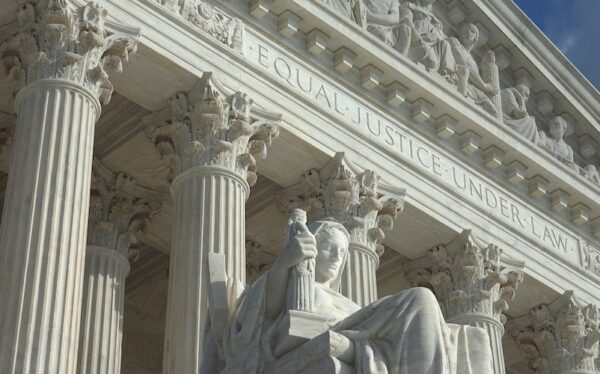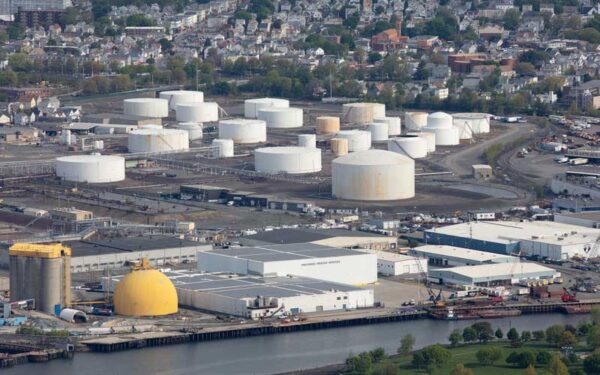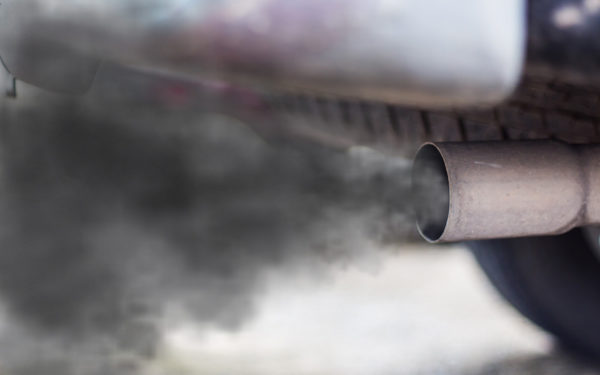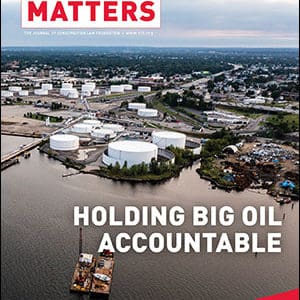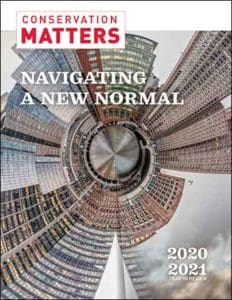Across New England, too many polluters are getting away with contaminating our air and water.
No matter the administration, our federal government does not do enough to enforce clean water and air laws, making CLF’s role as a legal watchdog more important than ever. Pollution from industrial facilities – often laden with toxic and cancer-causing contaminants – further damages our already compromised waterways. And violators of our clean air laws spew hazardous fumes that contribute to asthma and other respiratory diseases.
CLF protects our communities by forcing polluters – whether it’s a scrapyard spilling chemical-laden runoff into the water or a bus company emitting tailpipe pollution into our neighborhoods – to comply with the law.
At the same time, we are calling out some of the country’s biggest oil companies for their climate neglect. ExxonMobil, Shell, Gulf, and others have put our communities and waterways at risk. They have failed to fortify their oil terminals for the impacts of climate change – impacts they knew were coming and that their polluting products have caused. These terminals are a ticking time bomb, sitting directly in harm’s way as sea levels rise, rains get more intense, and storms grow more extreme. Even now, every time rain hits the ground at one of these facilities, it picks up grime, oil, and toxic chemicals – and dumps them into the nearest body of water.
The risks from these polluters threaten us all. Still, it’s no coincidence that many of their facilities – large and small – are located in communities already overburdened by industrial pollution, communities made up of low-income families, immigrants, and people of color.
CLF uses the Clean Water and Clean Air acts to hold these polluters accountable. No community should be forced to live with their dirty fallout – and no one should be able to get away with violating the law.
For many of our cases, when CLF wins or settles a suit, we hold polluters accountable in a unique way. They fund a supplemental environmental project, or SEP, that provides money for valuable research and restoration projects in their community.
So far, our Environmental Enforcement work has generated more than $3,000,000 in funding for local environmental protection and restoration projects. These projects – implemented by dozens of local groups – benefit public health and the environment in communities from the Great Bay Watershed in New Hampshire to Roxbury, Massachusetts, and on down to Cape Cod.


